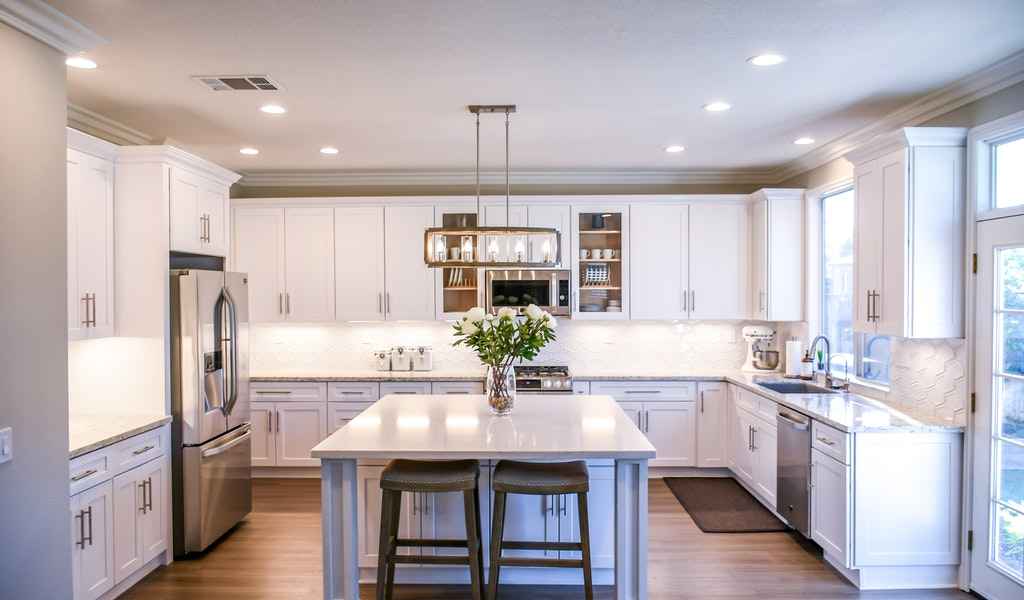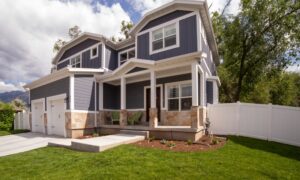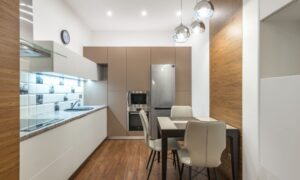The building or buying an outdoor kitchen could be exactly what you need to throw more parties and have more fun in your outdoor space. But before you build an outdoor kitchen, you should understand what you’re getting into.
This guide will explore all the main topics you should be familiar with before building your outdoor kitchen.
Your Goals
The first thing you need to do is sort out your goals. What are you trying to accomplish with your outdoor kitchen? What are your biggest priorities? The answers to these questions will guide you as you make more significant decisions with the project and start to complete the actual work.
These are probably among your top considerations, but which are most important?
· Cooking. It’s tough to justify the addition of an outdoor kitchen unless you plan on cooking at some point. But is cooking your top priority or your only priority? If so, you’ll need to design your outdoor kitchen with functionality in mind – and all the appliances and setups you need to create fantastic dishes.
· Gatherings. Is your outdoor kitchen meant to be a centerpiece for your outdoor gatherings? If so, you’ll need to think about the layout, giving guests plenty of space to move around and adding plenty of counter space for serving and eating.
· Aesthetic considerations. Some people see the outdoor kitchen as an aesthetic upgrade for their outdoor space. If that’s the case, you’ll need to think carefully about the style you follow and your chosen materials.
· Home value. Adding an outdoor kitchen to your home can increase your eventual sale price. It’s tough to make a profit on home improvement projects, but you can recover most of what you spend this way.
Your Budget
Next, you need to think about pricing and your budget. No matter your motivation for building the outdoor kitchen, you’re working with a finite amount of money. How much are you willing to spend on this project? Once you have a number in mind, you’ll be able to make better decisions about layout, materials, features, and other variables.
Space Allocation
At this point, you’ll be ready to start allocating space for your outdoor kitchen. Where do you want it to be? How much space do you have to work with? Depending on your current layout, you may want to take advantage of a space (such as a patio) or section off a different part of your yard. Either way, once you understand how much space you have to work with, you can make a more informed choice for your layout.
Utilities and Preparation
Are there currently convenient outdoor utility hookups for you to use? If not, you may need to hire an electrician, a plumber, or both; you’ll need water hookups for a faucet (and potentially a refrigerator), natural gas hookups for a stove or grill, and electricity for any electrical outlets you intend to use.
During this preparation phase, it’s also a good idea to check with your HOA and city laws to make sure you can install your outdoor kitchen according to local rules and regulations.
The DIY vs. Contractor Decision
One of the most significant decisions you’ll make in this process is whether to build the outdoor kitchen yourself or hire a contractor to do the work. Unless you have significant experience in this area, hiring a contractor is usually better; it’s safer and quicker, and the finished project will probably look better. On top of that, you’ll save a ton of time.
Making the Right Choice
You’ll also need to make decisions related to several other outdoor kitchen variables, such as:
· Features. What are the core features you want for your outdoor kitchen? Do you need to have a refrigerator? What about a faucet and sink? How much counter space do you need? How many electrical outlets do you want and where do you want them?
· Layout. Are you looking for a single island, an L-shaped design, a U-shaped design, or something else entirely? There’s a lot of flexibility here.
· Materials. What materials do you want to use? Are these in line with the style of your house? Are they durable and reliable?
Safety
Don’t forget about safety. An outdoor kitchen is safer than an indoor one in some ways since you’ll have more ventilation space and more accessible escape routes if something catches on fire. But you’ll still need to make some important safety upgrades.
Make sure you hire professional electricians and plumbers to verify the work is done correctly – and always keep a fire extinguisher nearby if you need it.
Having an outdoor kitchen can radically transform your outdoor space and augment the functionality of your home. During this process, you’ll face many complex and challenging decisions, but once you find a setup that works for your goals, you’ll be reaping the benefits in no time.

















